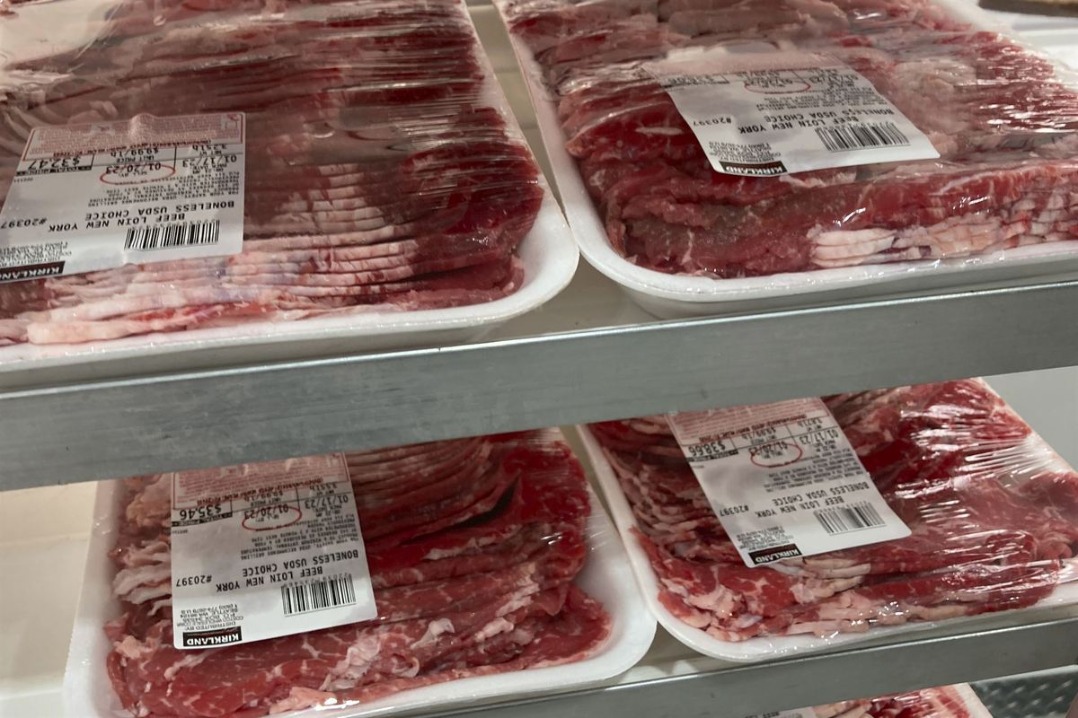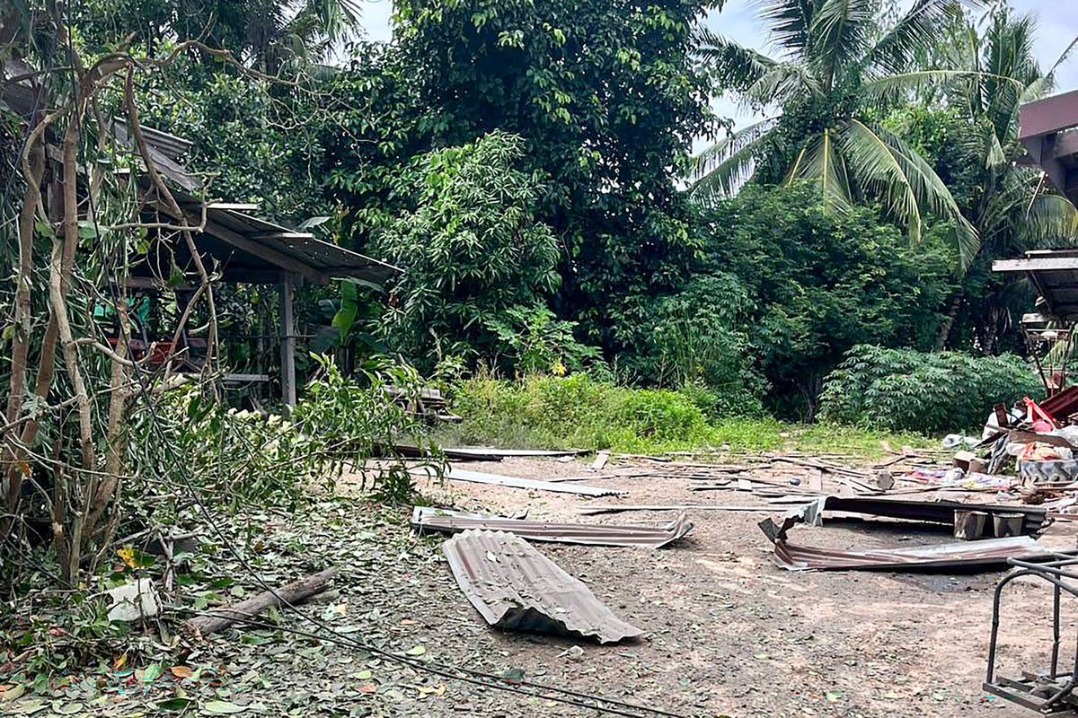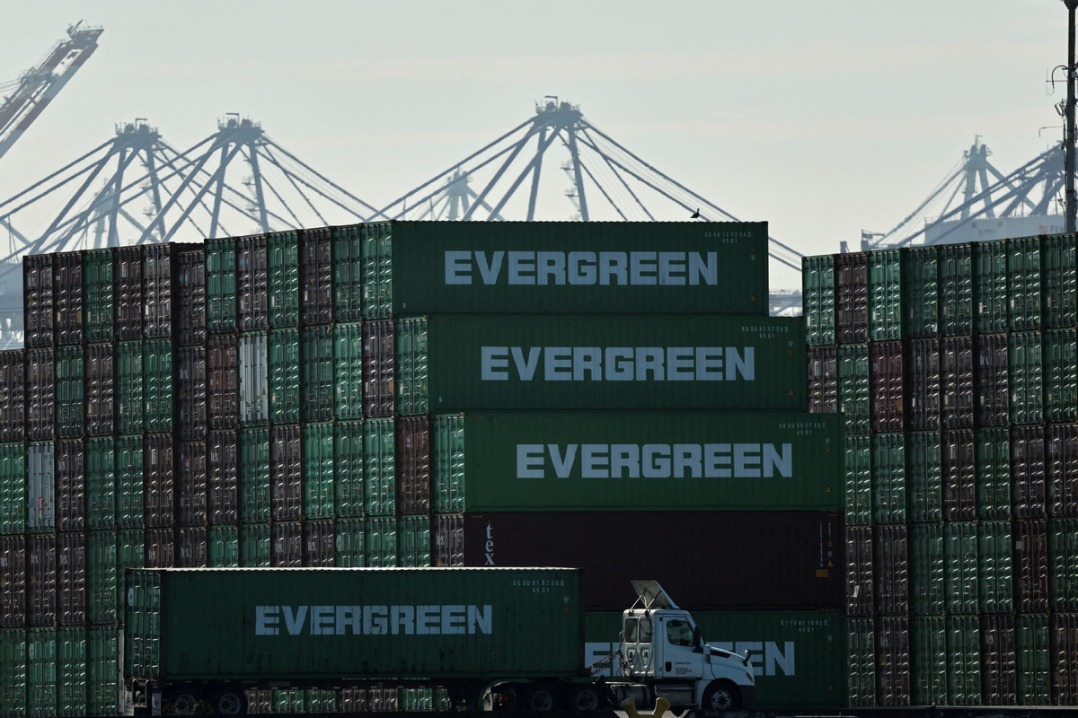Albanese's visit signals fresh, closer engagement


Chinese President Xi Jinping and Australian Prime Minister Anthony Albanese cemented bilateral goodwill during the latter's visit to China from July 12 to 18, more than half a century after Sino-Australian diplomatic relations were established in 1972.
The two leaders oversaw a series of free trade agreements with no sanctions or taxes, in accordance with the principles of the World Trade Organization. They showed the world how nations could coexist without petty bickering to achieve common goals.
Albanese's trip to China, which took him to Shanghai, Beijing and Chengdu in Sichuan province, was a schedule of meetings, banquets and sightseeing, including one-to-one sessions with Xi and Premier Li Qiang. The Chinese side laid out the red carpet for the visiting leader with honor guards and state banquets.
The prime minister arrived in China with an obvious agenda, saying, "We will cooperate where we can, disagree where we must and engage in our national interest." The West Australian newspaper reported that this was more than a slogan, but rather "a carefully balanced playbook for all sides".
The red-carpet treatment for Albanese underscores the importance China attaches to its relationship with Australia — a relationship that had sunk to an all-time low under Australia's previous Liberal government headed by Scott Morrison.
Morrison was a staunch supporter of Donald Trump during the latter's first tenure as the United States president. He sided with Trump in investigations regarding the outbreak of COVID-19, laid the blame on China, and snatched a lucrative submarine deal from France before awarding it to a US-led consortium to strengthen US power in the Pacific.
He also allowed the free flow of black propaganda from the US that China was threatening to invade Australia, and imposed a series of sanctions on China.
After the Australian Labor Party took office in 2022, tensions in bilateral ties eased and Beijing removed a series of official and unofficial trade measures introduced during the tenure of the previous government, which cost Australian exporters more than $13 billion annually.
The Liberal Party of Australia continued to remain strongly pro-US, and the party leader criticized Albanese for not meeting with Trump before meeting with Xi so soon after Australia's federal election in May. The Libs called on Albanese to go hard on China.
Xi met with Albanese at the Great Hall of the People in Beijing and noted that the China-Australia relationship had risen from the setback and turned around, bringing tangible benefits to the Chinese and Australian peoples.
The most important insight this gives us is that treating each other as equals, seeking common ground while shelving differences, and engaging in mutually beneficial cooperation serve the fundamental interests of both China and Australia and the two peoples, Xi said.
Australia has found China to be a reliable partner that has never broken an international agreement.
Also, Albanese is his own man. He is, for example, ignoring pressure from the US to increase defense expenditure in Australia, a ploy the US is applying to all nations to get them to purchase more weapons — mostly the US' weapons.
Albanese said that Australia is willing to strengthen high-level exchanges and dialogue with China in various fields, including diplomacy and trade, and ensure that differences do not define the bilateral relationship.
Noting that the economies of Australia and China are highly complementary, Albanese said that Australia looks forward to deepening mutually beneficial cooperation in areas such as trade, agriculture, tourism and culture, as well as enhancing people-to-people exchanges in education, civil society and the youth sector.
Australia should be willing to provide a stable and predictable environment for Chinese enterprises to invest and operate in Australia, and welcome more Chinese students and tourists to visit the country.
The author is a public relations/media consultant, a veteran journalist and a former chief information officer of the Hong Kong Special Administrative Region government.






























